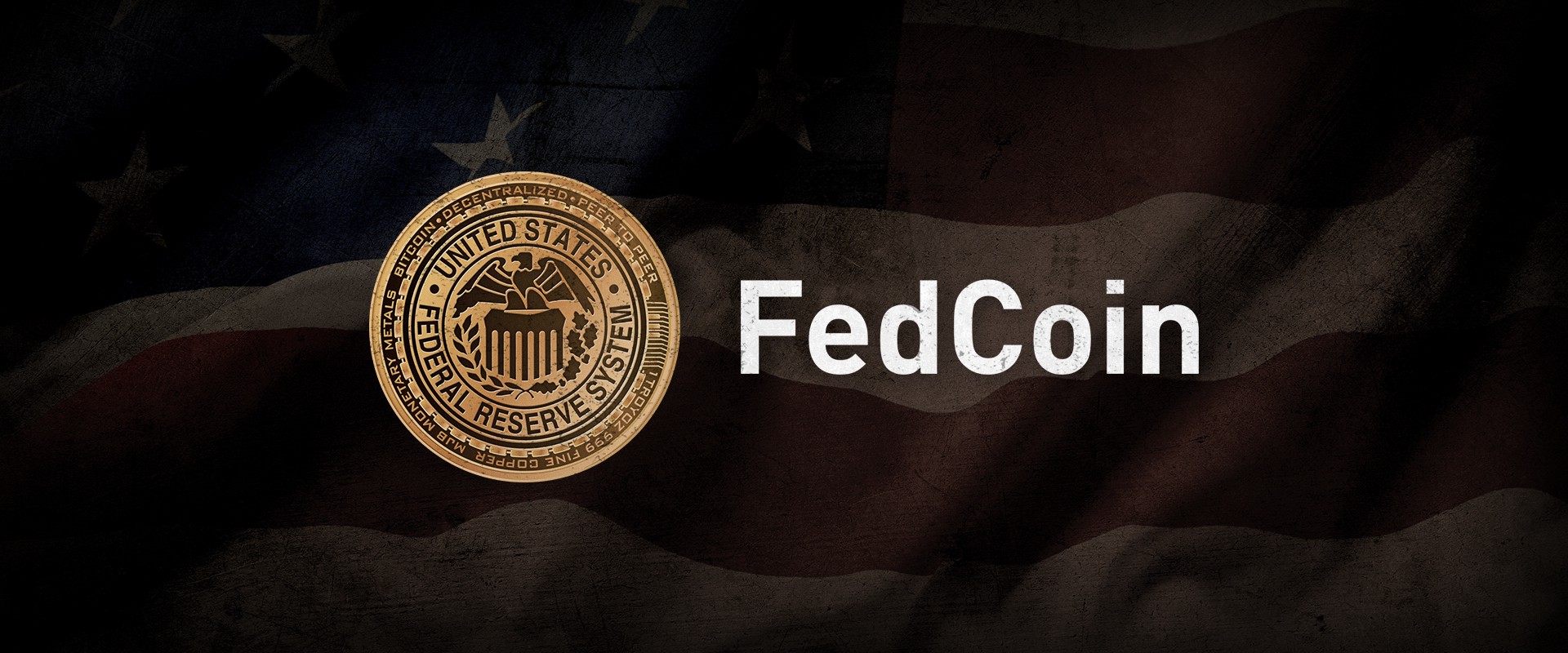PALO ALTO, Calif. (Reuters) - The Federal Reserve is looking at a broad series of problems around digital payments and currencies, including policy, style and legal factors to consider around potentially releasing its own digital currency, Guv Lael Brainard stated on Wednesday. Brainard's remarks recommend more openness to the possibility of a Fed-issued digital coin than in the past." By transforming payments, digitalization has the possible to deliver greater worth and convenience at lower cost," Brainard stated at a conference on payments at the Stanford Graduate School of Organization.
Central banks worldwide are debating how to handle digital financing innovation and the dispersed ledger systems utilized by bitcoin, which guarantees near-instantaneous payment at potentially low cost. The Fed is establishing its own round-the-clock real-time payments and settlement service and is currently examining 200 remark letters submitted late in 2015 about the proposed service's design and scope, Brainard said.
Less than two years ago Brainard told a conference in San Francisco that there is "no engaging showed requirement" for such a coin. However that was before the scope of Facebook's digital currency ambitions were extensively known. Fed officials, including Brainard, Go to this website have raised concerns about customer securities and data and privacy threats that could be posed by a currency that could enter use by the 3rd of the world's population that have Facebook accounts.
" We are working together with other central banks as we advance our understanding of main bank digital currencies," she stated. With more countries checking out issuing their own digital currencies, Brainard said, that includes to "a set of factors to likewise be making sure that we are that frontier of both research and policy advancement." In the United States, Brainard stated, concerns that need research study include whether a digital currency would make the payments system safer or simpler, and whether it could position monetary stability risks, including the possibility of bank runs if cash can be turned "with a single swipe" into the reserve bank's digital currency.
To counter the financial damage from America's extraordinary national lockdown, the Federal Reserve has actually taken extraordinary steps, consisting of flooding the economy with dollars and investing straight in the economy. Many of these moves received grudging approval even from many Fed skeptics, as they saw this stimulus as needed and something just the Fed could do.
My brand-new Discover more CEI report, "Government-Run Payment Systems Are Risky at Any Speed: The Case Against Fedcoin and FedNow," details the dangers of the Fed's present strategies for its FedNow real-time payment system, and propositions for main bank-issued cryptocurrency that have been dubbed Fedcoin or the "digital dollar." In my report, I go over concerns about privacy, information security, currency manipulation, and crowding out private-sector competition and innovation.

Advocates of FedNow and Fedcoin say the government needs to produce a system for payments to deposit instantly, rather than motivate such systems in the private sector by raising regulatory barriers. But as noted in the paper, the personal sector is providing a relatively endless supply of payment innovations and digital currencies to fix the problemto the level it is a problemof the https://tfsites.blob.core.windows.net/brownstoneresearch1/index.html time space in between when a payment is sent and when it is received in a checking account.
And the examples of private-sector development in this area are lots of. The Cleaning House, a bank-held cooperative that has been routing interbank payments in numerous types for more than 150 years, has actually been clearing real-time payments considering that 2017. By the end of 2018 it was covering 50 percent of the deposit base in the U.S.